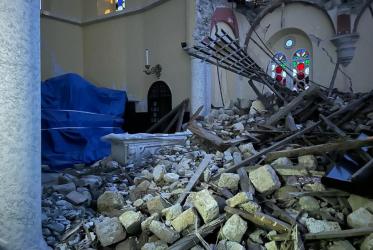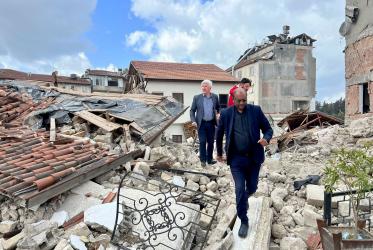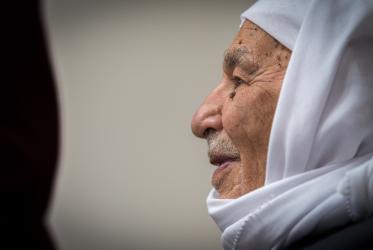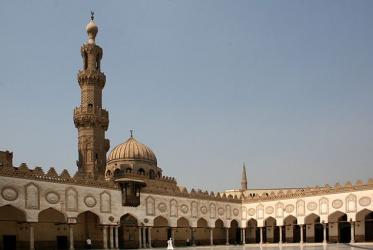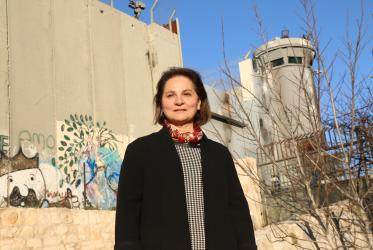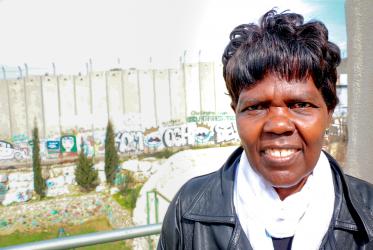Displaying 1 - 20 of 28
21 March 2024
Shabbat dinner ‘helps humanize two sides of the story’
27 March 2019
Al-Azhar: navigating the difficult centre
06 October 2016
Winners of WCC photo contest announced
09 May 2016
Water is a gift, and a right for all, says WCC moderator
14 March 2016



